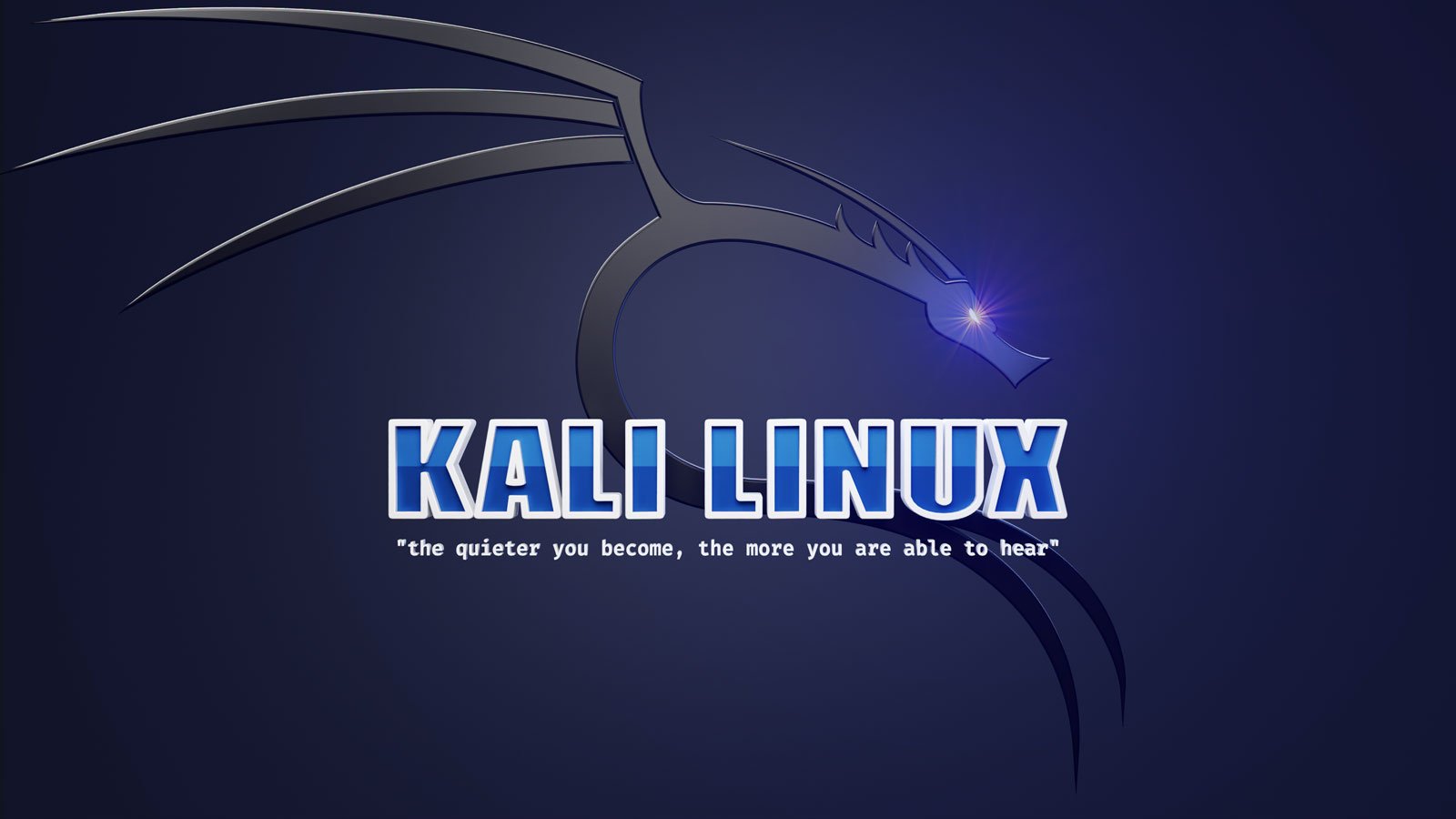
December 5, 2023 at 02:19PM
Kali Linux 2023.4, the last release of 2023, features GNOME 45 desktop, 15 new tools, and Kernel 6.3.7 upgrade. This distribution targets ethical hackers and includes updated apps, performance boosts, and new builds for cloud platforms and Raspberry Pi 5. Available for existing users via upgrade commands and for new installations via ISO download.
Meeting Takeaways:
1. **Kali Linux 2023.4 Release**: The fourth and final version of Kali Linux in 2023 is now available.
2. **New Additions**:
– Fifteen new tools have been added to the distro.
– GNOME 45 desktop environment is included in this release.
3. **No Major Core Updates**: There are no significant new features in the core operating system itself for this version.
4. **Kernel Update**: The kernel has been updated to version 6.3.7.
5. **GNOME 45 Details**: GNOME 45, released in September 2023, has improvements like full-height sidebars, faster search in the nautilus file manager, and various settings and theme updates. Not all GNOME 45 features are immediately available, with some expected in subsequent updates.
6. **Cloud & Virtualization**:
– New builds are available for AMD64 and ARM64 on Amazon AWS and Microsoft Azure.
– ARM64 builds may not support all packages due to compatibility.
– Kali Linux now supports deployment on Hyper-V using Vagrant.
7. **Raspberry Pi 5 Support**: There’s a new dedicated image for the Raspberry Pi 5, and options to build the distro yourself.
8. **Installation and Upgrade**:
– ISOs are available for new installations and live distributions.
– Existing installations can be upgraded with a series of commands provided in the notes.
– For users on Windows Subsystem for Linux (WSL), an upgrade to WSL2 is recommended.
9. **Verifying Upgrade**: Users can check the success of their system upgrade via a specific command (`grep VERSION /etc/os-release`).
10. **Full Changelog**: The full changelog for Kali Linux 2023.4 is accessible on the Kali website.
It is advisable to follow the upgrade process carefully to ensure system integrity and avoid any compatibility issues. If deploying on cloud platforms or virtualization software, take note of the potential limitations regarding package availability, especially for ARM64 architecture.